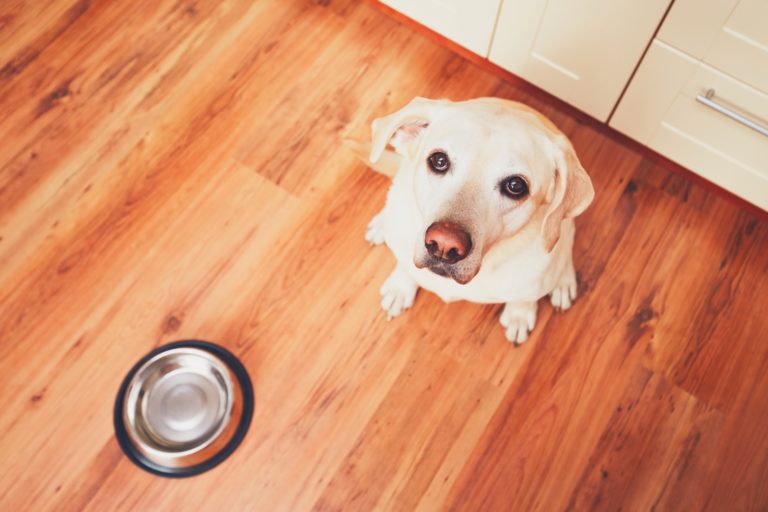While our canines are masters of communication, there’s still a language barrier between them and us. Our dogs can’t tell us when they don’t feel well or when something hurts, so it’s up to us, their parents, to pay attention if something is amiss.
You know your dog best, and if something seems “off” — no matter how small — it’s always safest to give your vet a call. After all, your pup depends on you to be his advocate as well as his guardian.
Below, check out 7 subtle signs that should prompt a vet visit for your dog, no matter how minor it seems.
-
Changes in behavior or personality
You may not think much of a change in your dog’s behavior, but this can be a symptom of something serious. If your normally-social pooch is suddenly snapping or withdrawn, there is a good chance he’s in pain or not feeling well.
Other signs that of discomfort include excessive grooming, lack of grooming, avoiding stairs or jumping onto furniture, or a general disinterest in things they once loved. What’s more, a pooch who becomes unable to sleep through the night, seems disoriented, or frequently barks at nothing may have dementia. Needless to say, it’s important to pay attention if your dog shows any unusual changes in demeanor or routine, no matter how small.

-
Changes in bathroom habits
Whether your dog is heading out too often or not enough, diarrhea or constipation can indicate that they’re feeling under the weather. Changes in bathroom habits, including sudden accidents from a pup who’s house-trained, can stem from anything from an upset tummy to poisoning to cancer. If an odd potty routine seems extreme or prolonged, a call to your vet is definitely in order.
-
Changes in appetite
If your dog goes from a dinner-loving chowhound to staring blankly at their food dish, it’s time to seek help. Causes of inappetence can range from anxiety to organ failure, so if your pup stops eating, especially to the point of losing weight, call your vet.
On the flip side, excessive hunger can be indicative of things like parasites or hypothyroidism. And if your dog is endlessly thirsty, have them checked for serious illnesses like Cushing’s disease or diabetes.

-
Excessive or shallow panting
Dogs pant when it’s hot, after they’ve exercised, and even when they’re stressed or anxious. But if your pooch seems to be panting heavily for no reason — or is drawing shallow breaths — it could be a sign that they’re in pain, and they should be evaluated.
-
Inability to settle
It’s normal for canines to circle before settling down for a nap, but if your pal is tossing, turning, or getting up and lying down over and over, it may be because every position feels uncomfortable. Whether it’s joint pain or something internal, a dog that can’t get comfy definitely needs a check up.
-
Lethargy
Dogs sleep an average of 12-14 hours a day, more or less depending on age and breed. But if you notice that your pooch is snoozing a lot more than usual, or it’s becoming more difficult to rouse them for food or potty breaks, pay attention. It could be fatigue that comes with old age, or it could be a sign of illness — perhaps a serious one.
-
New lumps or bumps
If you notice a new lump or bump on your dog, you don’t have to freak out immediately, but it does need to be checked. Less than half of bumps that pop up on dogs are dangerous, however it could be an abscess or even cancer, so consult with your vet ASAP.
